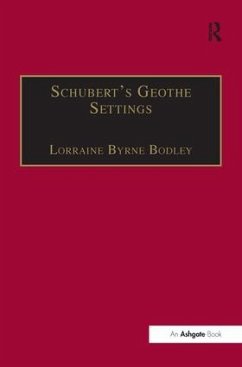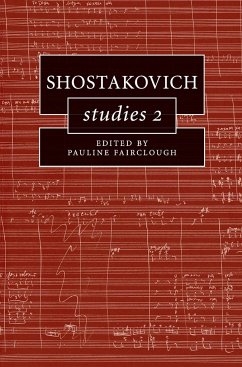
Schubert's Piano
Versandkostenfrei!
Versandfertig in 1-2 Wochen
112,99 €
inkl. MwSt.

PAYBACK Punkte
56 °P sammeln!
Revealing the connections that link Schubert's distinctive sound world to performance practice, social history, aesthetics, organology, analysis and interpretation, this book offers a new understanding of Schubert's piano music for researchers, students, performers and listeners interested in early nineteenth-century Viennese musical culture.














